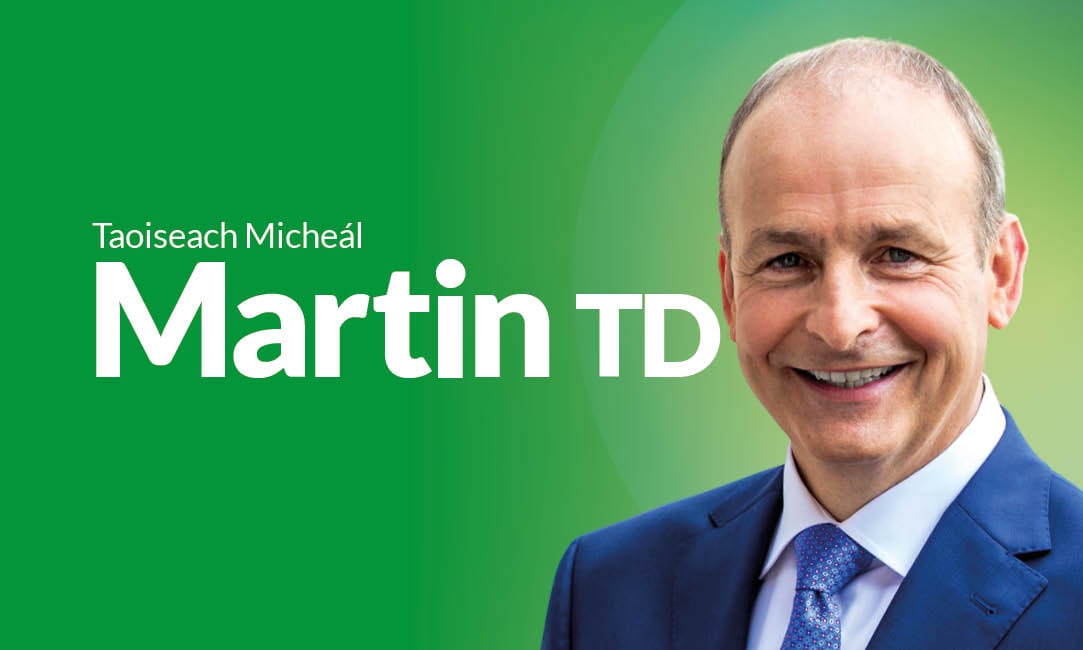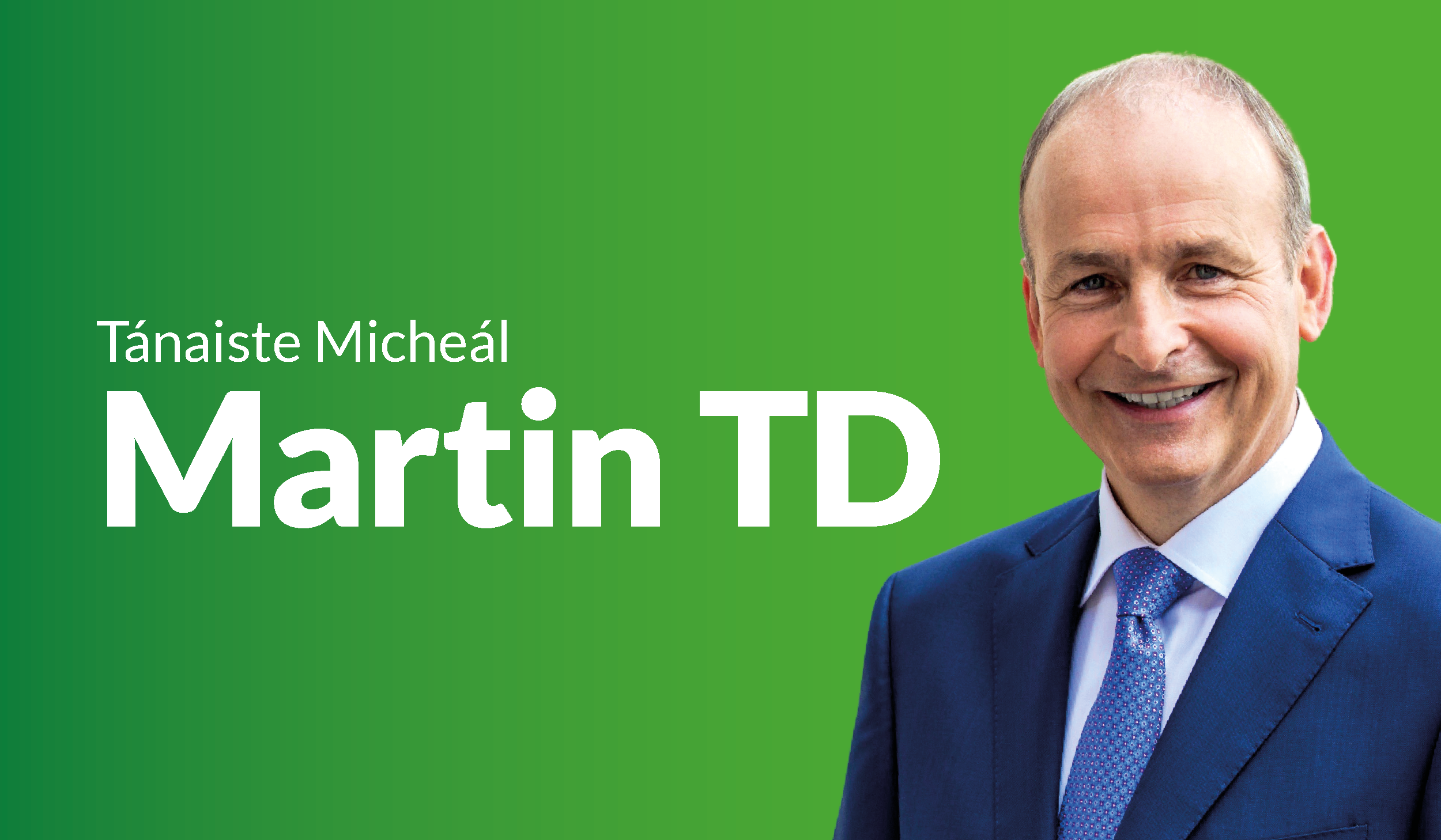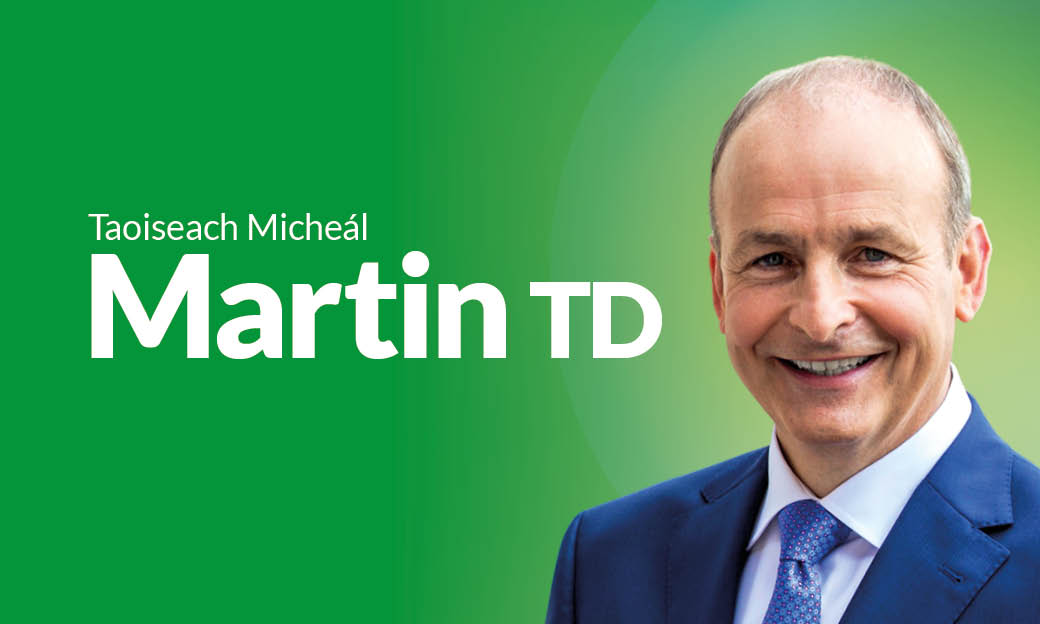Taoiseach Micheál Martin opening address at ALDE Congress
Published on: 03 June 2022
It’s a great pleasure for me to welcome you to Dublin for the ALDE Congress. This is an important part of the political year, where our parties come together to reflect on the big challenges facing Europe and the values of liberal democracy which define this party, our shared work and our vision for the future.
This is also a special year for the Congress to be in Dublin because it marks 50 years since Ireland became a member of what is now the European Union.
Membership of the Union has played a vital part in the transformation of our country, and it a powerful lesson to us all about how true national sovereignty requires strong, rules-based international organisations.
Fifty years ago, the international debate about our membership focused on asking if we were simply too poor and too peripheral to survive the competition and pressures involved.
We were the poorest country in democratic Europe, had no mineral resources and a population which had declined for more than a century.
Within our country, the usual voices on the right and left predicted that we would soon cease to exist and would be swept aside by stronger countries.
They were spectacularly wrong then and they have continued to be wrong.
Ireland respects but profoundly regrets the decision of a majority of those who voted in the 2016 referendum that the UK would leave the European Union. From the first moment that referendum was proposed I and my party pointed out the huge potential damage which would be caused to Northern Ireland and to the democratic consensus which had been built about the future.
The solidarity which our colleagues in the Union continue to show for the people of this island is something which we deeply value. We know that this solidarity will remain even in the face of the disturbing and unilateral approach which has so often been seen from the London government.
We all must also look to the future of our Union – we must work together to face the profound challenges we face.
The deep-seated anti-Europeanism of the right and left, even when dressed up with the soft description of ‘Euroscepticism’ is an ideology which offers the peoples of Europe nothing positive.
As the world faces what has been called a democratic recession, it is here, in our Union of 27 states, that the values of democracy, human rights and shared progress continue to find a home.
And let no one be in any doubt, these are the values which are the ultimate target of Russia’s savage aggression against the people of Ukraine.
Putin wants a client state. He wants a state where a handpicked elite control everything and the people have been silenced. His fear is that the success of the European Union will continue to inspire others and deepen the contrast with repressive, closed states like his.
In 2014 the people of Ukraine took to the streets to demand a European future for their country. For this they suffered invasion and partition. When they refused to step back from their vision, this terrible war was unleashed.
We did too little to stand with the people of Ukraine after 2014. We did too little to reject Putin’s new imperialism and his demand to control other countries in a sphere of influence.
And this happened while he was constantly investing in extremist parties and disinformation in our countries – putting us all on notice that the destruction of the EU was a core policy objective for him.
The determination of the last few months must be maintained. We must stand with Ukraine, not just during this war but in the months and years ahead when our agenda must be Ukraine’s reconstruction, its securing of democracy and its inclusion within our Union.
And in our politics, we need a new determination to fight against those who are trying to undermine our Union. We need to finally reject the agenda of the Eurosceptics and be open to building a stronger Union which has new competencies, new resources and a new determination to challenge and defeat those who want to undermine its fundamental values.
And I think we need to all be clearer in saying that there is no such thing as an illiberal democracy. You cannot be illiberal and democratic at the same time.
You cannot close down independent media and claim to be democratic.
You cannot limit political competition and claim to be democratic.
You cannot control the teaching in universities, take over the judiciary and direct state funding into a small political elite and claim to be democratic.
And we also need to challenge the cult of so-called strong leadership which the extremes are so in love with.
It’s not strong leadership to try and shut down your critics. It’s not strong leadership to change the rules to suit yourself and keep yourself in power.
In fact, it’s the very definition of weak leadership.
Weak leaders fear the people, fear free debate, fear being asked questions.
So, as we learn the lessons of this moment, let’s understand that if we want the values of a free, democratic and prosperous Europe to survive and succeed we have to speak up for these values – and we have to do so even when it’s uncomfortable.
During the many profound challenges which we have all faced in the last two years Europe’s greatest strength has been its diversity. Space has been given for people to challenge proposals and to push for new ways forward.
Countries of all sizes have contributed and I believe we have grown closer through this cooperation.
Jean Monnet famously said that “Europe will be forged in crises and will be the sum of the solutions adopted for these crises”. I think this is only partly true.
Yes, we have constantly delayed until we have been caught in crises in order to innovate and address urgent issues – but ultimately, I think that we are more and more seeing that Europe will be forged by its commitment to values. Where we let these values guide our decisions even when they involve short-term sacrifices, that is when we strengthen our Union and the work which it does for us all.
-ENDS-


